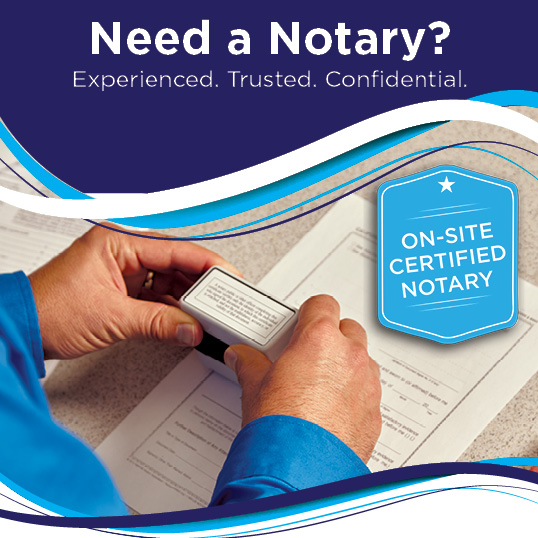Qualified Notary Providers: Ensuring Lawful Authenticity and Security
Qualified Notary Providers: Ensuring Lawful Authenticity and Security
Blog Article
Demystifying Notarial Job: Streamlining the Role and Relevance of Notaries
In the detailed internet of lawful paperwork and confirmation, notaries stand as columns of assurance and authenticity. Their role, frequently shrouded in enigma for numerous, lugs considerable weight in making certain the legitimacy and integrity of vital papers. As guardians of validity and fact, notaries play a crucial component in our society, yet their job is not constantly totally recognized. By deciphering the intricacies bordering notarial practices and dropping light on the value of their acts, a more clear understanding arises of the important function notaries play in maintaining the fabric of contractual and lawful arrangements.
The History of Notarial Job
Just how did notarial job advance over time to become an important part of legal and business deals? The history of notarial job go back to ancient civilizations, where scribes played an important duty in tape-recording important details and verifying files. As cultures proceeded, the requirement for a more formalized system to make sure the legitimacy of arrangements emerged. This brought about the advancement of notaries, people selected by the state to act as objective witnesses in lawful matters.
Throughout the Center Ages, notaries gained prominence in Europe, with their features broadening to include drafting lawful files, licensing trademarks, and maintaining records. The surge of global profession even more stressed the relevance of notarial job in confirming contracts and arrangements throughout boundaries.
In the modern-day era, notaries remain to play a vital duty in legal and service transactions by confirming identities, verifying the authenticity of files, and avoiding fraud. Their role in licensing the validity of contracts includes a layer of safety and count on to the ever-evolving landscape of business and regulation.

Responsibilities and Duties of Notaries
Notaries play a vital function in confirming the authenticity of papers and the identification of signatories. One of their main responsibilities is to witness the signing of important records, such as contracts, acts, and wills, to make certain that all parties are entering into contracts intentionally and willingly.
They certify duplicates of initial files, offering guarantee to establishments that the duplicates are real replicas of the originals. Overall, the tasks and responsibilities of notaries are important in protecting the honesty and legality of different documents and transactions - Apostille.
Notarial Certificates and Signatures
Exemplifying careful focus to detail, notarial certificates and trademarks serve as necessary components in verifying the credibility of legal records. Notarial certificates commonly include essential information such as the day of registration, the names of the signatories, a summary of the document, and the notary's main seal. These certificates give a clear document of the notarial act, guaranteeing that the record can be quickly recognized and mapped back to the notary who managed the procedure.
Signatures play a pivotal duty in notarial work, as they symbolize the agreement and authorization of the celebrations involved. Notaries meticulously witness the signing of files to verify the identity of the signatories and validate that they are authorizing of their own free choice. By fastening their main seal and trademark to the paper, notaries certify that the essential treatments have been complied with and that the file is enforceable and click site legitimate.
Fundamentally, notarial certificates and signatures are the trademark of credibility in legal deals, providing assurance to all parties entailed that the papers are reputable and binding.
Importance of Notarial Acts

Registration Process Explained
Explaining the registration procedure supplies quality on the essential steps associated with validating legal files. The registration process usually begins with the individual offering the document to a notary public. The notary after that confirms the signer's identity via acceptable recognition methods. Once the identity is confirmed, the notary makes sure that the specific authorizing the record does so voluntarily and with no threat.

Final Thought

Notarial certifications commonly include crucial info such as the date of registration, the names of the signatures, a description of the document, and the notary's official seal. These certifications offer a clear document of the notarial act, guaranteeing that the record can be quickly identified and mapped back to the notary who looked after the process.
By fastening their main seal and signature to the paper, notaries license that the required treatments have actually been adhered to and that the document is valid and enforceable.
By verifying the identity of the signatures, confirming their desire to get in right into the agreement, and accrediting the day and place of the finalizing, notaries play an important function in supporting the credibility of lawful records.After the document is signed, the notary will certainly attach their main seal or stamp onto the paper.
Report this page